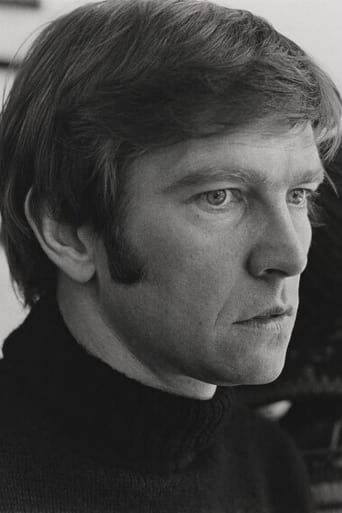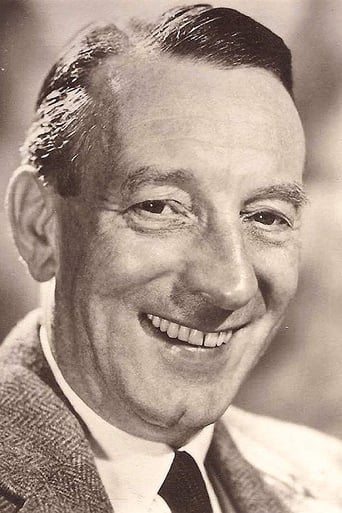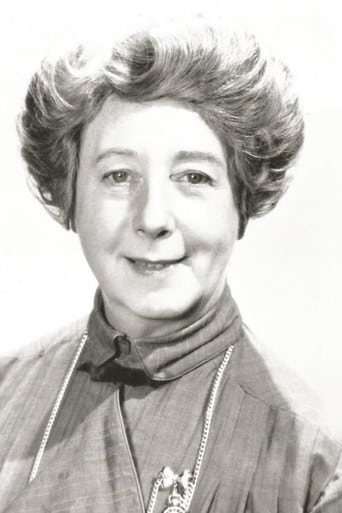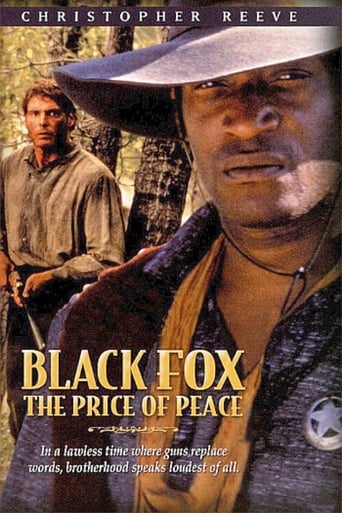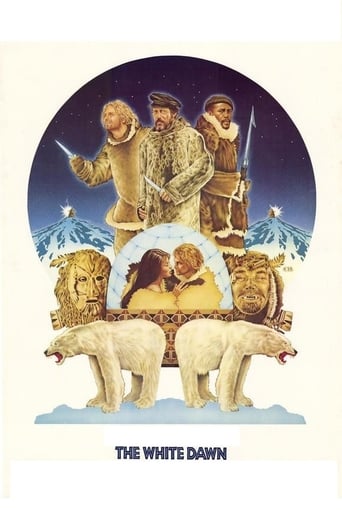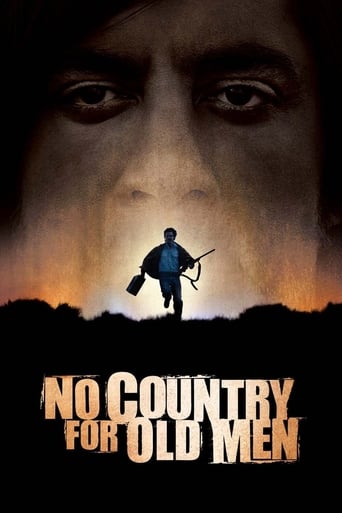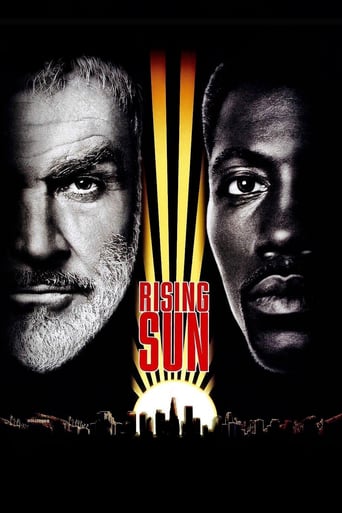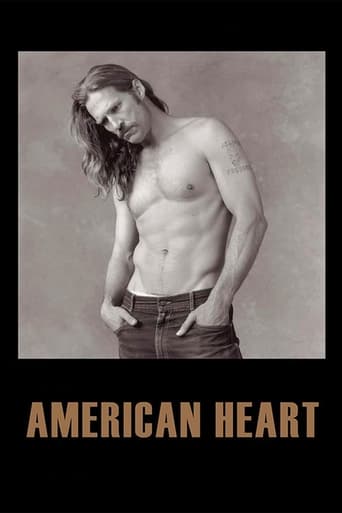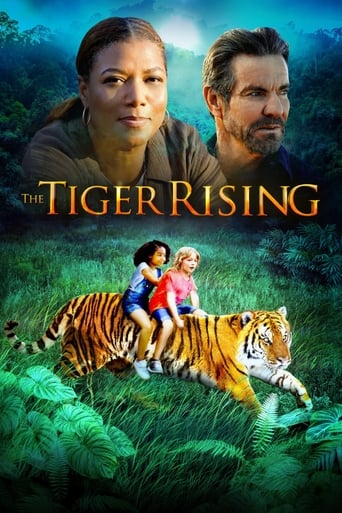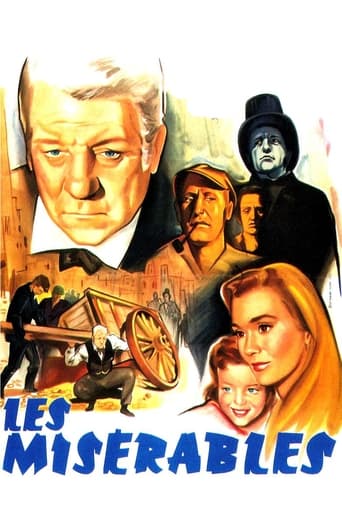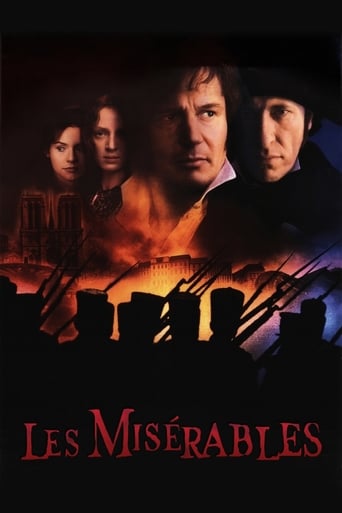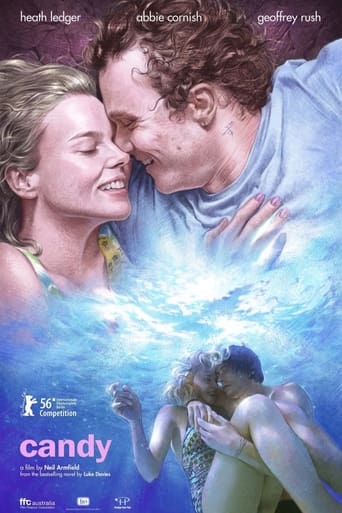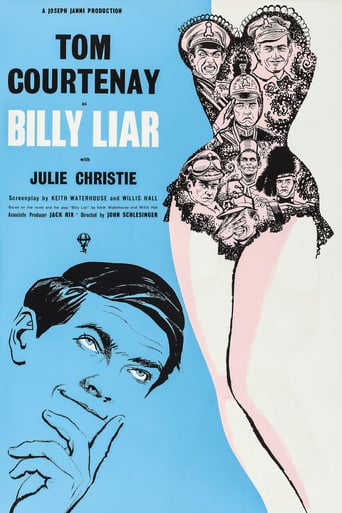

Billy Liar (1963)
A young Englishman dreams of escaping from his working class family and dead-end job as an undertaker's assistant. A number of indiscretions cause him to lie in order to avoid the penalties. His life turns into a mess and he has an opportunity to run away and leave it all behind.
Watch Trailer
Cast


Similar titles
Reviews
Crappy film
Admirable film.
A Disappointing Continuation
It's an amazing and heartbreaking story.
At number 76 on the BFI's Top 100, this Criterion DVD is a gem with commentary by three then-living members of the original project: John Schlesinger, Tom Courtenay, and Julie Christie. Set in an industrial North-of-London location, it easily fits among the Kitchen Sink Realism films. In the DVD commentary, Courtenay says that, when released, the film was loved by the Italians and generally ignored by Americans as being an English black-and-white version of The Secret Life of Walter Mitty. The similarity of the daydreaming-hero-of-his-own-imagination is an understandable connection between the two stories. However, this is a far superior as a film—and it is even better than James Thurber's short story--especially if you are able to understand the inside-jokes of the British humor, which we Americans surely didn't.If, like me, you have only seen Tom Courtenay as the stoically determined and grime juvenile delinquent of Tony Richardson's The Loneliness of the Long Distance Runner, you will be pleasantly surprised by his wacky humorous side here. Also, even though Julie Christie only makes a brief appearance in this film, it may have represented a breakthrough role for the very successful career that she was to have, including three more joint ventures with John Schlesinger. The title character, Billy Fisher (Tom Courtenay), lives with his parents (Wilfred Pickles and Mona Washbourne) and grandmother (Ethel Griffies) in a boring North England town. He works as a low-level clerk at a funeral home and dreams of being a scriptwriter for a London radio comedian. Thinking that a polite form letter meant that he is hired as the scriptwriter, he is ready to quit his job and strike out on his own in London. However, before leaving, he has a few things to take care of. He has to break up with BOTH of his fiancées—the no nonsense blond, Rita (Gwendolyn Watts), and the sweet and trusting brunet, Barbara (Helen Fraser). Also, he has to explain to his boss why he 'forgot' to send out the funeral parlor's annual calendars as well as what he did with the postage money that he was given to send them out. Billy has a wild imagination and constantly daydreams about being the great leader, hero, inventor, business magnate or whatever of his imagined country of Ambrosia, a country where heroes are always losing their right limbs for some reason (?). BUT, in his real life, his job is a bore, his family is a drag, his friends know he is a liar and as he says to Barbara, 'You know I TEND to ex-a-ggerate a bit ..at times' (as he describes their future idyllic life together---with little Billy and little Barbara). One of the many black humor moments of the film is the scene in which he takes Barbara on a quiet date to the cemetery where the two walk around and read the tombstones. He seems to be stuck, dreaming away his boring life, until a Liz (Julie Christie) comes bouncing into town and into his life. Her answers to his dilemmas seem surprisingly simple: 'Billy, if you want to go to London, GO to London.' When Billy asks her if she would like to be his fiancée, she says, 'No, I want to be your wife.' But, before Billy can go anywhere or do anything, he has to overcome his lifelong habits and inertia and make some sort of REAL move? This film wonderfully weaves back and forth between Billy's vivid comical daydreams and his equally comical real life. Both are full of fun, imaginative creation, and roaring entertainment.
Having seen and enjoyed "The Secret Life of Walter Mitty," the 1947 movie that starred Danny Kaye, I was expecting to enjoy this 1963 British film. But I found nothing to compare favorably in "Billy Liar." Mitty's daydreams were escapist and recharging. Billy's fantasies were purging and led to lies, deceit and delusion.Mitty's daydreams were funny and had an uplifting sense. When he returned to reality, his spirits were lifted from his experience and he seemed genuinely to adjust better with all around him. But Liar's fantasies are outside the realm of daydreams. They begin with shattering or destroying everyone and everything about him that he doesn't like. Maybe one scene of himself as a soldier or gangster machine-gunning his family might evoke a laugh for its ridiculousness. But after that, the repeated entrances into his fantasies with violence to gain his "freedom" turn quickly to pathos.When he returns from each departure, Billy is not happy to be back. In subsequent scenes he seems to become more and more frustrated. His inability to deal with ordinary things from day to day seem to overwhelm him. He is a sick dude, completely self-centered and self-absorbed.Billy can't stand his life, yet is unable to make serious efforts to change it, and can't fit into it comfortably or sanely. He seems to be something of a sociopath. I just didn't see the humor in this – not in this script.I think there was potential for considerable comedy and humor in this story. But not as it is written and played. There might have been some very good laughs in Billy being engaged to two girls at the same time. But the scenes of his trying to get the engagement ring from one to the other are flat and humorless. Instead, we have two young girls who are hurt by his lie.I kept watching and waiting for this film to get better. At about two-thirds of the way through, it had become so disconnected and boring that I turned it off. I had lost interest even in seeing how it finally played out. From the reviews I've read, I see that it followed its moribund plot to the end.I give this film three stars just for the actors who showed up, especially the supporting cast. They did a decent job with a lousy script and a lousier plot. Even Tom Courtney couldn't raise this tiring script to mediocre. I enjoy British humor and wit as brought to the screen over the decades by Alistair Sim, Alec Guinness, John Cleese, Eric Blore, Leslie Howard, Terry-Thomas, Peter Sellers, Geoffrey Palmer, Michael Caine, Hugh Grant, Rupert Everett, Stephen Fry and others. But it's a real stretch to label this film a comedy. The best words to describe it would be a fantasy downer (or downer fantasy).Supposedly, novelist and playwright Keith Waterhouse wrote some of his youthful experiences into his stories. But one can surmise that Billy Liar's destiny belies that of Waterhouse, who created his character. Waterhouse lived to age 80 and had a very successful career as a novelist, columnist and playwright.
Featuring an extraordinary acting performance by Tom Courtenay, "Billy Liar" starts off as a farce. Courtney's Billy lives in a fantasy world, or a fantasy country, where he is the dictator, passing back and forth between a Churchill-like autocrat who inspires his people with magnificent Churchill-type speeches to a Hitler-esque fascist. The fantasies are played out in real flesh and blood for us, and they are quite striking, and occasionally hilariously absurd; an imaginary series of regiments parades before Billy, including one in which all the members have lost their right arms. Billy imagines himself leading each regiment, including a corps from India, make-up included.Billy also repeatedly turns on his perceived real-life enemies with a fantasy machine gun – quite shocking, and probably not do-able today. He also has a job in a funeral home, of all places, but never seems to do any work. The humor is a little dark, like an Evelyn Waugh novel. But like I said, the first half hour is primarily farce.The genius of the movie, however, is that Billy grows more complex as the film moves along. Billy has somehow gotten himself engaged to two different girls, neither of whom he intends to marry, and bizarrely keeps running into both of them. As he increasingly gets more caught in his own various webs of deceit, Courtenay's Billy begins to crack, and as we see how emotionally vulnerable he really is, he becomes much more sympathetic. Courtenay is masterful, as he seeks to keep hold of his fantasies and juggle his many lies, without getting trapped and caught – and it doesn't always work. Courtenay's genius is that he so effortlessly moves back and forth between weakness and manipulation, and we actually become more fond of him as the film progresses.Some Northern British city itself is the co-star here, shot in glorious post-war black and white. One particularly interesting scene takes place in a dance club. All the locals have gathered to dance to such dreary crap as a song called "Twisteralla" (I am not sure it was not a parody of typical music of 1963), and forming a conga-line at one point. To think, this took place perhaps just months before the Beatles exploded on the scene; to me, it is a snapshot of how distressing the music and club world was before the British Invasion (yes, I know the British did not invade their own country).All the supporting cast are spectacular, from the old grandmother who doesn't understand why there are so many "Blackies" in town, to the two girlfriends, one an obnoxious bully, the other an annoying prude, to Billy's ever irritated father, who at one point calls Billy a "Mary-Anne" - oh dear!A particularly funny moment occurs when Courtenay has asked one of his girlfriends to go for a walk. The camera suddenly is pointing up into the trees, and we hear the girlfriend Barbara exclaim off-camera something like "oh it is so beautiful here!"; then, as the camera pans down, we see they are walking in a gorgeous but ancient cemetery. Really clever.A great film, and keep your eyes closely on Courtenay. Oh, and to really appreciate Courtenay, watch the film he made after this one, "King and Country". Tom's character, a dim-witted soldier on trial for his life, could not be more different than Billy, and shows what an extraordinary actor he is.
From the opening montage of British homes, filmed with a fish-eye lens from a moving vehicle, where all the housewives inside are listening to their favorite songs on the radio, you know you're in for something quirky and fun. The first few scenes of Billy's home life, setting him up as a young Walter Mitty-type daydreamer, add to the slightly manic mood. Billy, we learn, is a lovable liar, not really trying to harm anyone, but causing trouble for his family, his employers, and especially for the two girls who think they are engaged to him (one a pure, devoted "girl next door" and the other a worldly-wise waitress).Billy has dreams of being a script writer for a famous comedian, and has almost everyone, including himself, convinced that he's on the verge of success. He's surrounded by people who don't understand him, except for one: Liz (a glowing young Julie Christie), who like him is a free spirit, flitting in and out of the boring routine of Billy's home town. She encourages him to follow his muse. But will Billy dare to take the step to make his dreams come true?A near-perfect script is brought to life by a cast of real characters, under the sure direction of John Schlesinger in glorious black and white. Tom Courtenay delivers a tour-de-force performance that you won't soon forget. A delightful film that's much more than just a comedy.


